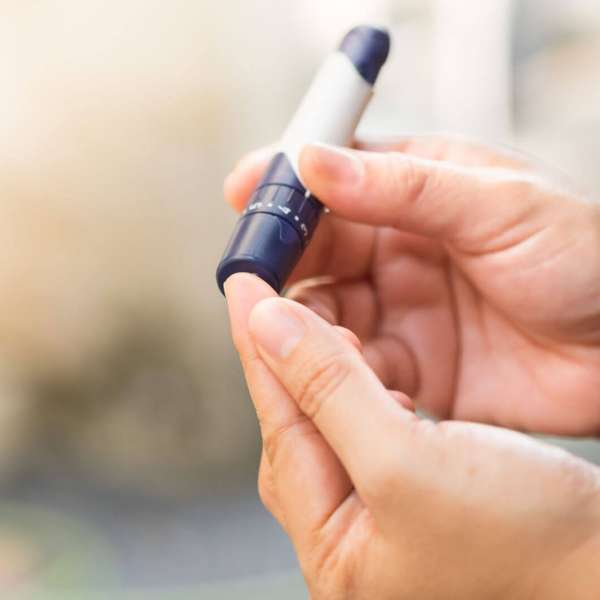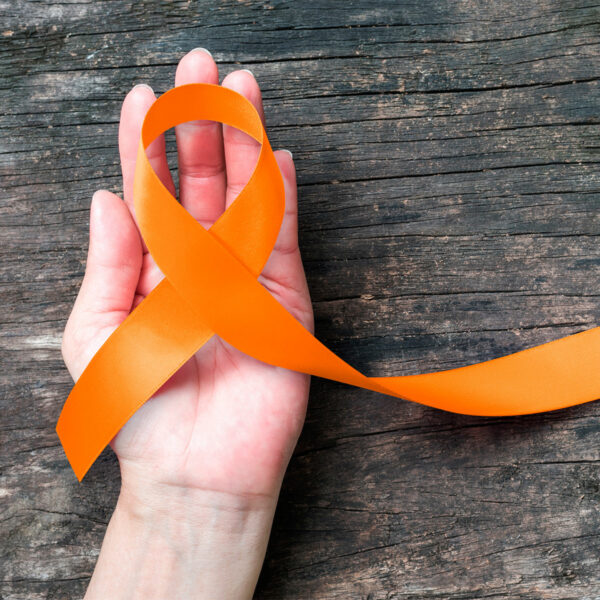This article was written by Sonia L. Cepeda-Hernández, Ph.D., Director of the Graduate Program in Counseling Psychology, as part of a collaboration between Albizu University and Fundación Triple-S.
Don’t feel bad if you are currently experiencing stress. This is a normal reaction in view of our present-day reality and the uncertainty generated by the COVID-19 pandemic. Stress has been defined as the wear and tear on the body as it struggles to remain calm while facing potentially harmful agents, which include all kinds of physical and psychological distress.
It has been proved, through several fields of science, that high levels of stress can adversely affect our lives. If mismanaged, the damaging effects of stress can lead to the development of serious physical and emotional illnesses. Not to mention the harm it inflicts on our overall quality of life. If we just go by the statistics on stress levels, we could easily think that being stressed is normal or typical. However, it has been discovered that our bodies have a natural relaxation response that can be activated to engage in states of relaxation to counteract the damaging effects caused by stress. Dr. Herbert Benson discovered this ability through his research and named it “The Relaxation Response.”
Unfortunately, modern life has disrupted this natural ability we possess. While the current state of alert and social distancing is in place to keep us healthy, it can also pose additional challenges. We have been led to believe that, to reach a state of relaxation, we need luxurious and costly spas, shopping sprees, and a lot of time. In truth, we can use different techniques for stress management, ranging from the simplest methods to more complex ones. We just need to relearn how to become relaxed.
Some helpful steps you can begin practicing for relaxation are:
- Dr. Benson’s relaxation routine, which includes these easy-to-follow steps: Find a relaxing environment or space where you can complete this routine. Consciously relax all your muscles while you focus on a positive word or phrase for 10 to 20 minutes. As you do so, remain calm and adopt a compassionate attitude toward intrusive thoughts. Concentrate on the word or phrase you’ve chosen.
- Learn to breathe.
- Make time to connect with yourself and your family. Use available technology that allows us to remain close despite the distance.
- Engage in fun activities that you can do on your own.
- Take some time to listen to music you like or read a good book.
- Treat yourself to a self-massage at home, with a cozy atmosphere, candles, incense, and soft music.
- Practice meditation and visualizations.
- Engage in any kind of exercise or discipline such as yoga, tai chi, reiki, self-hypnosis, etc.
For any of these techniques to really work, you should make them part of your daily routine or practice them frequently. The more you do so, the easier it will be to achieve and remain in a state of relaxation. If your stress and anxiety levels are already very high, you probably need a professional practitioner to guide you and help you design a program to manage these stress levels. These services are being offered through telehealth. It is increasingly common to spend time teaching a person how to relax as part of the therapeutic process. Start today, and you will see the difference.











